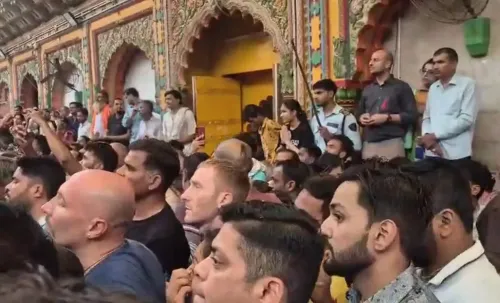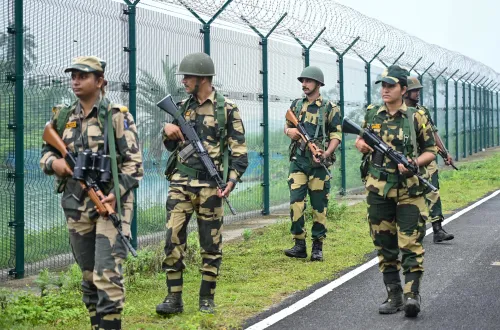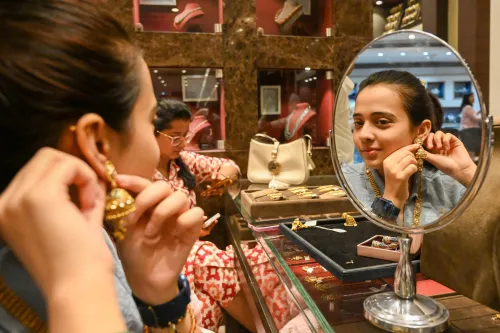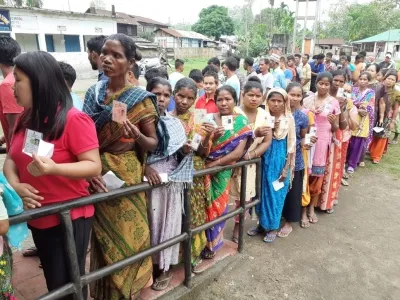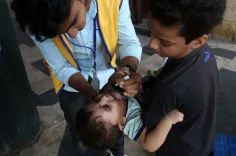Did Assam Authorities Just Bust a Human Trafficking Racket?
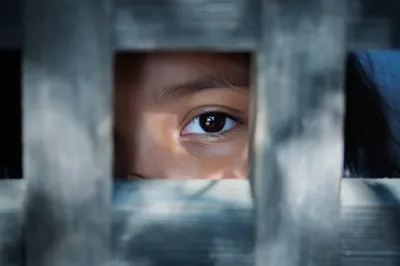
Synopsis
Key Takeaways
- 26 young girls rescued from trafficking at Tinsukia railway station.
- Five suspects detained linked to the trafficking operation.
- Assam government introduces new policy against trafficking and witch-hunting.
- Emphasis on victim protection and legal measures.
- Coordination among various departments for effective implementation.
Guwahati, Aug 1 (NationPress) In an impressive achievement, railway officials in Assam disrupted a human trafficking operation at Tinsukia railway station, successfully rescuing 26 minor girls and young women who were allegedly being smuggled to Tamil Nadu with forged documents, officials confirmed on Friday.
The coordinated effort, executed by the Railway Protection Force (RPF) and the Government Railway Police (GRPF), formed part of a routine inspection.
Authorities apprehended five individuals, including both men and women, believed to be connected to the trafficking syndicate.
During preliminary questioning, one suspect, identified as Bidyut Dutta, alleged that the victims were destined for employment in a textile factory in Tamil Nadu.
However, officials are approaching this claim with skepticism and are probing deeper into the broader trafficking network.
Human trafficking continues to be a pressing issue in Upper Assam, particularly in tea garden areas, where vulnerable families fall prey to misleading promises of jobs and financial assistance.
Children and young women are subsequently trafficked to other states for exploitative labor or worse.
The Assam government has recently introduced a comprehensive state policy aimed at countering human trafficking and witch-hunting, demonstrating its commitment to creating a society devoid of exploitation and abuse.
This policy aims to foster a secure and inclusive environment where every individual can access their rights and services without fear.
The new initiative identifies trafficking and witch-hunting as crimes that disproportionately impact women and girls.
While trafficking is recognized as an organized and rapidly expanding criminal activity, witch-hunting is acknowledged as a deeply entrenched social issue.
Assam's geographical position, sharing borders with six northeastern states as well as Bangladesh and Bhutan, complicates the trafficking dilemma, as noted in the policy.
The state has previously enacted the Witch Hunting (Prohibition, Prevention and Protection) Act, 2018, which designates the offence as cognizable, non-bailable, and non-compoundable.
The policy advocates for a coordinated, multi-sectoral response aimed at prevention, survivor protection and rehabilitation, alongside stringent legal action against perpetrators.
The Department of Women and Child Development has been designated the nodal agency for policy implementation, receiving support from various departments and forming committees at the state, district, and gaon panchayat levels to ensure grassroots intervention.

